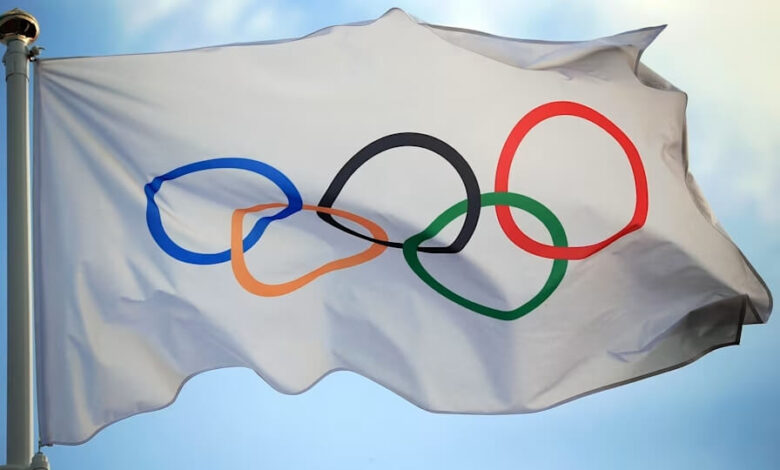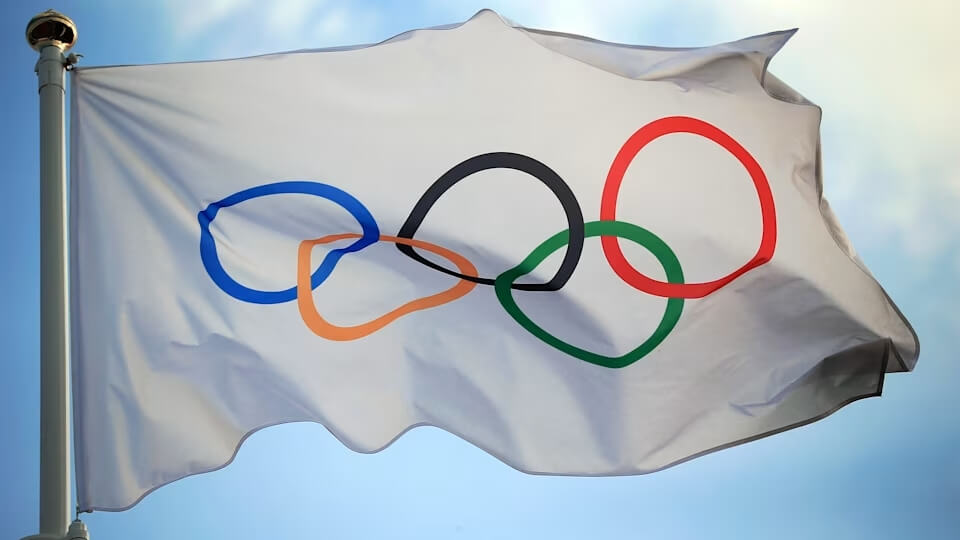
10 Curiosities About the Olympics
Historical Fun Facts
1. Origins of the Olympics
The Olympics have a storied history that spans over two millennia, beginning in 776 B.C. in ancient Greece. The original Games were held in Olympia and were dedicated to Zeus, the king of the gods. The ancient Olympians competed in various events, including running, wrestling, and chariot racing. These competitions were not only a test of physical prowess but also a means of honoring the gods and promoting peace among city-states.
2. Revival of the Modern Olympics
Fast forward to the modern era, and the revival of the Olympics in 1896 marked a significant turning point. Pierre de Coubertin, a French educator and historian, played a crucial role in reestablishing the Games. His vision was to create an international sporting event that would foster global unity and friendship. The first modern Olympic Games took place in Athens, Greece, and featured 13 countries competing in 43 events. This revival set the stage for the Olympics to become the grand, global event we know today.
Notable Records and Achievements
3. Usain Bolt’s 100 Meters Record
The Olympics have been the stage for some of the most extraordinary records and achievements in sports history. One of the most remarkable feats was accomplished by Usain Bolt, the Jamaican sprinter, who set the world record for the 100 meters with a time of 9.58 seconds at the 2009 World Championships. Bolt’s record-breaking performance captivated audiences and solidified his status as one of the greatest sprinters of all time.
4. Michael Phelps’s Olympic Success
In the realm of swimming, Michael Phelps’s achievements are nothing short of legendary. At the 2008 Beijing Olympics, Phelps won eight gold medals, a feat that remains unmatched in Olympic history. His dominance in the pool was a testament to his exceptional skill and dedication, and his achievements continue to inspire swimmers around the world.
Unique Traditions and Rituals
5. Lighting of the Olympic Flame
The Olympics are steeped in unique traditions and rituals that add to their allure. One of the most iconic rituals is the lighting of the Olympic flame. This tradition began in 1928 and involves a ceremonial relay of the flame from Greece to the host city. The flame symbolizes the connection between ancient and modern Games, and its journey represents the spirit of peace and unity.
6. Host City Cultural Showcases
Another intriguing aspect of the Olympics is the introduction of cultural elements by the host city. Each Olympic opening ceremony features performances and displays that reflect the host nation’s culture and heritage. This tradition not only showcases the host city’s unique identity but also enriches the overall experience for spectators.

Famous Olympic Moments
7. Tommie Smith and John Carlos’s Protest
Throughout its history, the Olympics have been the backdrop for many unforgettable moments that transcend sports. The 1980 Moscow Games were marked by a powerful protest when American sprinters Tommie Smith and John Carlos raised their fists in a Black Power salute during the medal ceremony. This gesture became a symbol of protest against racial inequality and left a lasting impact on the Games.
8. The Dream Team’s Dominance
In 1992, the U.S. men’s basketball team, known as the “Dream Team,” captivated audiences with their unparalleled skill and teamwork. Featuring NBA legends such as Michael Jordan, Magic Johnson, and Larry Bird, the Dream Team’s performance was a showcase of basketball excellence and sportsmanship.
Quirky Athlete Stories
9. Eddie “The Eagle” Edwards
Beyond the high-profile events and records, the Olympics are full of quirky and heartwarming stories about athletes. Eddie “The Eagle” Edwards, for example, became a beloved figure during the 1988 Calgary Winter Olympics. Despite finishing last in both of his events, Edwards’s determination and perseverance captured the hearts of fans around the world. His story highlights the spirit of the Olympics, where participation and personal achievement are celebrated.
10. Bob Beamon’s Historic Long Jump
Another fascinating story is that of Bob Beamon, who achieved a historic long jump of 29 feet 2½ inches at the 1968 Mexico City Olympics. Beamon’s jump was so far beyond the previous world record that it was described as “Beamonesque.” His remarkable achievement not only set a new standard for long jumping but also exemplified the extraordinary potential of Olympic athletes.
Conclusion
The Olympics go beyond mere sporting events, representing a grand celebration of human achievement, cultural exchange, and remarkable stories. From the ancient rituals of the original Games in Greece to the spectacular modern-day ceremonies, the Olympics are a rich tapestry of history and tradition. By exploring these fascinating curiosities, we gain a deeper appreciation for the Games and their impact on global culture.
Next time you watch the Olympics, you’ll not only enjoy the thrilling competitions, but also have a wealth of intriguing facts and stories to share. Understanding the unique aspects of the Games enhances the experience, making each event more than just a display of athletic prowess. Embrace these insights and elevate your appreciation of the Olympics with every event you follow.






